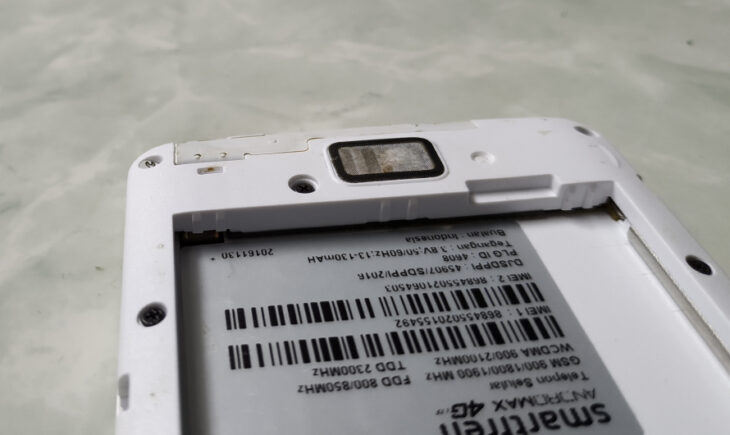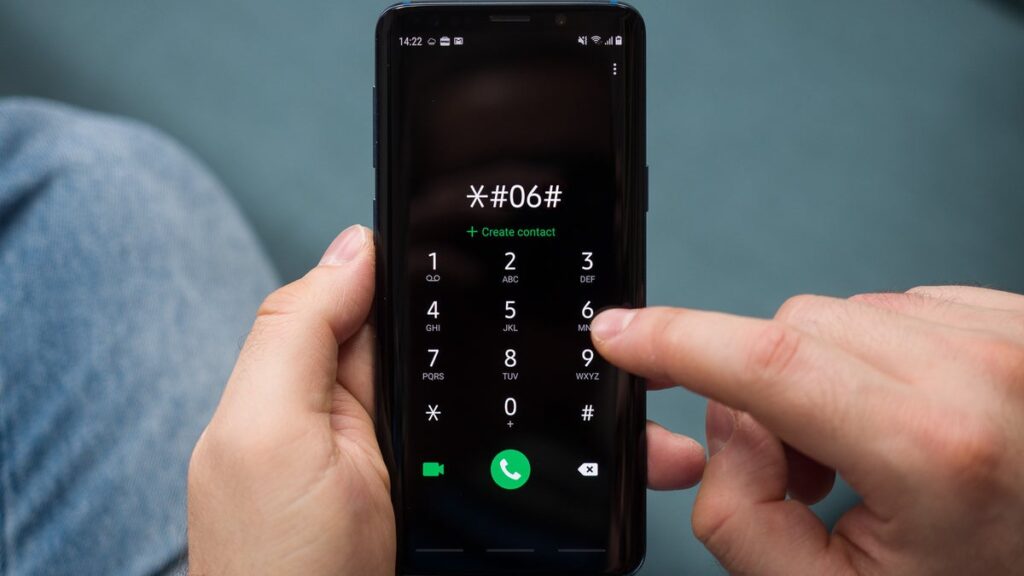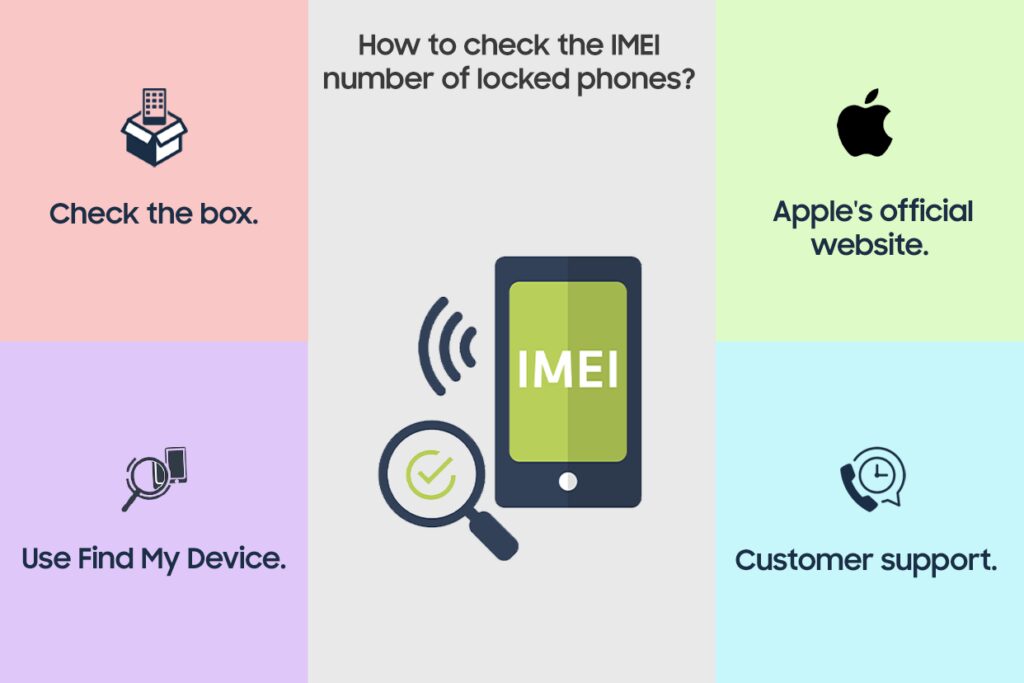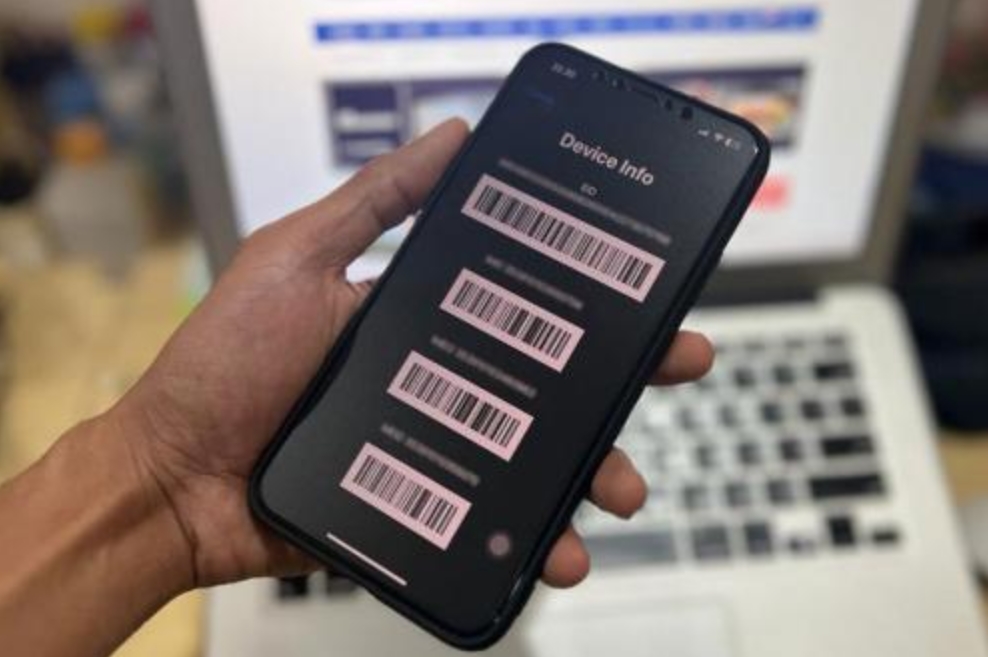
What Can Someone Do with My IMEI Number? Risks and Precautions
An IMEI (International Mobile Equipment Identity) number serves as a unique identifier for mobile devices. This article aims to shed light on the potential dangers of sharing your IMEI number and suggests measures to mitigate these risks. Understanding the significance of the IMEI number is crucial for safeguarding your digital identity and personal data.
What is an IMEI Number?
The IMEI number is a 15 to 17-digit code that uniquely identifies mobile devices. Its primary purpose is to enable the tracking of devices for security reasons, such as theft or loss. Each device is assigned a unique International Mobile Equipment Identity number, making it an essential tool for mobile network providers and users alike in identifying and managing mobile devices. An IMEI check can verify a device’s authenticity, helping in buying used phones safely.

Risks of Sharing Your IMEI Number
Sharing your IMEI number poses several risks, including identity theft, where criminals could impersonate you using your device’s identity. It also opens up possibilities for unauthorized tracking and access to personal data stored on your device. Furthermore, International Mobile Equipment Identity numbers can be exploited in fraudulent activities, such as selling stolen devices or bypassing security measures, making it imperative to keep this information private. Revealing it inadvertently through online platforms or to unverified entities can lead to it being used in various malicious schemes, emphasizing the need for vigilance in protecting this number.
Specific Scenarios and Examples
There are numerous instances where sharing your IMEI can lead to adverse outcomes. For example, cybercriminals can use these numbers to clone devices, engage in identity theft, or even track and monitor individuals without consent. Real-life cases have shown that victims of IMEI-related fraud often face significant financial and privacy losses, highlighting the importance of being cautious about sharing this sensitive information. In some situations, stolen IMEI numbers are manipulated to mask the identities of illicit devices, complicating efforts to combat trafficking in stolen phones. This exploitation demonstrates the critical nature of International Mobile Equipment Identity security and the need for individuals to guard this information closely, avoiding unnecessary disclosures.

Precautions to Protect Your IMEI Number
To protect your IMEI number, avoid sharing it publicly or with untrusted parties. Regularly monitor your device for unauthorized access and implement security features like password protection and the ability to remotely wipe your data. Being wary of unsolicited requests for your IMEI number, especially from unknown sources, is also critical in safeguarding your device and personal information.
Legal and Regulatory Considerations
Different jurisdictions have specific laws and regulations regarding the use and protection of International Mobile Equipment Identity numbers. These legal frameworks aim to prevent misuse and protect users’ privacy. It is essential to understand and comply with these regulations to avoid any legal repercussions associated with the improper handling or sharing of IMEI information.

Conclusion
In conclusion, the risks associated with sharing your IMEI number cannot be overstated. It is vital to take precautionary steps to protect your device and personal information from potential misuse. Understanding the significance of your International Mobile Equipment Identity number and being cautious with whom and how you share it are key measures in navigating the digital world safely.